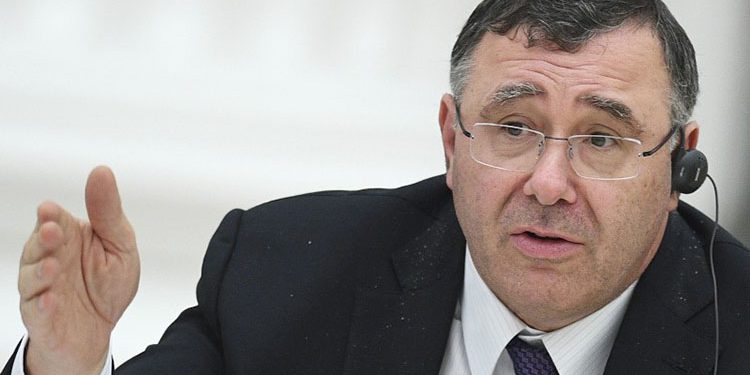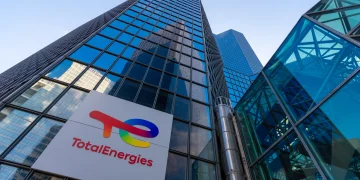Pouyanne Rejects Calls to Halt Upstream Investment
TotalEnergies CEO Patrick Pouyanne warned on Tuesday that prices would “rocket to the roof” by 2030 if the industry heeds calls to stop investing in new upstream oil and gas projects.
Speaking at the Energy Intelligence Forum about the recent market turmoil and the accompanying run-up in prices, Pouyanne said the post-pandemic economic recovery was one contributing short-term factor.
“The global system of the planet is not designed to absorb suddenly plus 6%-7% growth,” he told the online event.
But he also pointed to underinvestment in oil and gas — in part because of a shift in capital spending to new energy businesses — and to natural field decline rates of 3%-4%.
“If we stop investing in 2020, we leave all these resources in the ground … and then the price will rocket to the roof. And even in developed countries it will be a big issue,” Pouyanne said.
The TotalEnergies CEO emphasized the massive undertaking of transforming the entire energy system — which today is 80%-based on fossil fuels — into a zero-carbon system.
“It’s an incredible task. We have a lot of patience to manage it, but of course all that will require investment and costs,” he said.
LNG Price Formulas
Pouyanne said that as the world’s No. 2 LNG player, Total faces the risk that high prices could put off some new customers and dampen demand.
“The LNG price today is much too high. It could [scare] some new customers … Bangladesh, Pakistan, India. We are very active in India on LNG and we know that $6 per million Btu is becoming tough to sell our LNG,” he said.
On the other hand, he stated his belief that switching from coal to gas was a “fundamental” trend. “Coal is very expensive by the way today, but we know that all these countries need more energy and affordable.”
Pouyanne suggested he was open to signing longer-term agreements that would provide customers with more stable LNG price formulas and leave them less exposed to volatile spot markets.
Iraq Model
He also highlighted TotalEnergies’s recent deal in Iraq, which will combine solar power, gas capture and enhanced oil recovery. He suggested that this kind of integrated energy approach could be used in other countries where Total has strong relationships.
“There’s an idea behind it, which is you can leverage our strong relationships with some producing countries, in particular in the Middle East and North Africa … countries that are blessed with oil and gas but also solar and … wind.”
The “common denominator” is a fundamental need for electricity in some of these countries, he said, adding that TotalEnergies is now in talks with another country.
TotalEnergies carved out a profitable “win-win” deal at a time when some of its peers were thinking of leaving Iraq because of poor returns on investment, but this meant it would face less competition in Iraq in the future, Pouyanne noted.
TotalEnergies is currently recruiting people in 50 different countries where it wants to develop renewable energy.
“We will leverage our historical presence or knowledge of the authorities or partnerships and the capacity to find … win-win contracts,” Pouyanne said.







